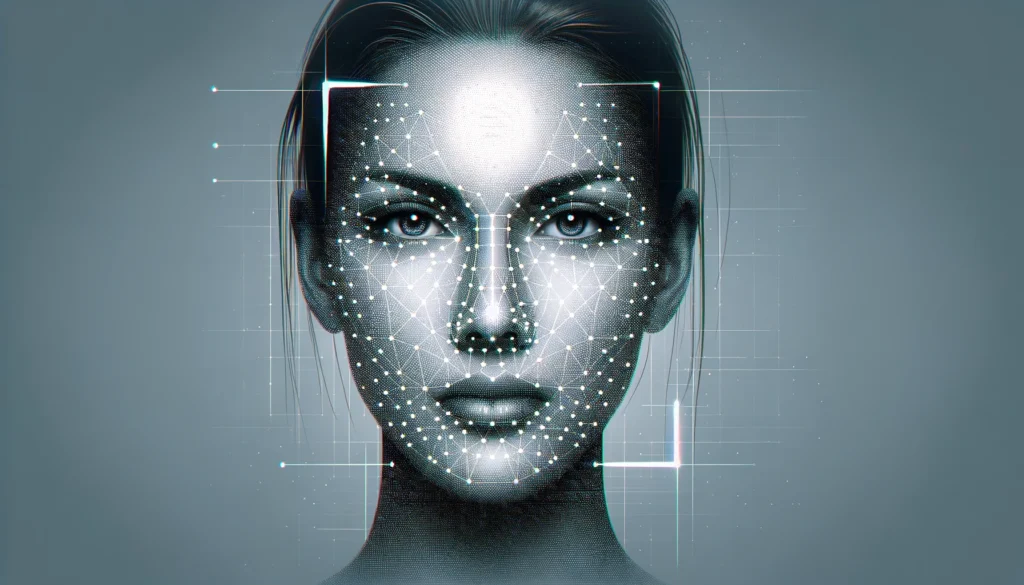Pennsylvania criminalises malicious deepfakes under new digital forgery law
Non-consensual AI impersonation now triggers misdemeanour charges, while financial and political deepfake abuse becomes a felony offence.

Governor Shapiro has enacted a new statute enhancing Pennsylvania’s legal stance on AI-generated content by defining deceptive deepfakes as digital forgery.
The law criminalises creating and distributing such content, mainly when used for deceit, highlighting a proactive response to deepening online threats.
The legislation differentiates between uses of deepfakes: non-consensual impersonation will result in misdemeanour charges, while cases involving fraudulent intent, such as financial scams or political manipulation, are now classified as third-degree felonies.
Support for the bill was bipartisan and overwhelming in the state legislature. Its sponsors emphasised that while it deters harmful digital impersonation, it also carefully safeguards legitimate speech, including parody, satire, and artistic expression.
With Pennsylvania now among the growing number of states implementing deepfake regulations, this development aligns with a national trend to regulate AI-generated digital forgeries. It complements earlier state-level laws and federal initiatives to curb AI’s misuse without stifling innovation.
Would you like to learn more about AI, tech and digital diplomacy? If so, ask our Diplo chatbot!
